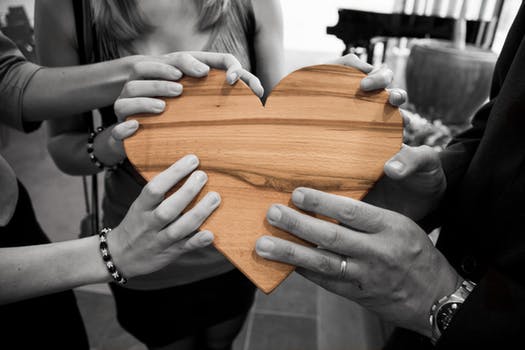“Give US this day OUR daily bread . . . Forgive US OUR debts, as WE forgive OUR debtors.” Sorry for the all-caps, but I’ve been leading a Bible Study about the Lord’s Prayer lately, and I thought I knew what it was about and I’m starting to think I was missing so much. The whole prayer is written to be prayed in the plural. It’s not written from a (Western/American) individual, but written as if a whole group of people is praying for their needs. Those needs include food. Those needs include forgiveness.
It has made me think a lot about American individualism and how I am concerned with my own needs and not with my neighbor’s or my town’s or my community. But it has also made me think about how easily we cast blame and point fingers–at the mentally ill, or at the people who own guns, or at the men who sexually harass (and worse) women. I’ve been thinking about what it would mean to say “forgive US” and include those men. Am I willing to be aligned with all the other sinners on this earth? Am I willing to ask for our forgiveness? Am I willing to forgive? Is this what Jesus is calling for us to do in the Lord’s Prayer?
And even though I am not a gun owner, even though I haven’t sexually harassed anyone, I still start to wonder–in what ways have I participated in and even supported a culture of fear or of violence or of dehumanizing and objectifying other people? In what ways am I too guilty even when it comes to crimes that seem to have nothing to do with me?
I’m still wrestling through these verses, but at the very least they have helped me see how much God cares about us seeing ourselves–in our glory and our shame–as a part of the whole of humanity.
And the point of this whole exercise is not shame and guilt. It is freedom, to ask for forgiveness in order to be set free and empowered–collectively–to be a part of God’s loving work in the world.



